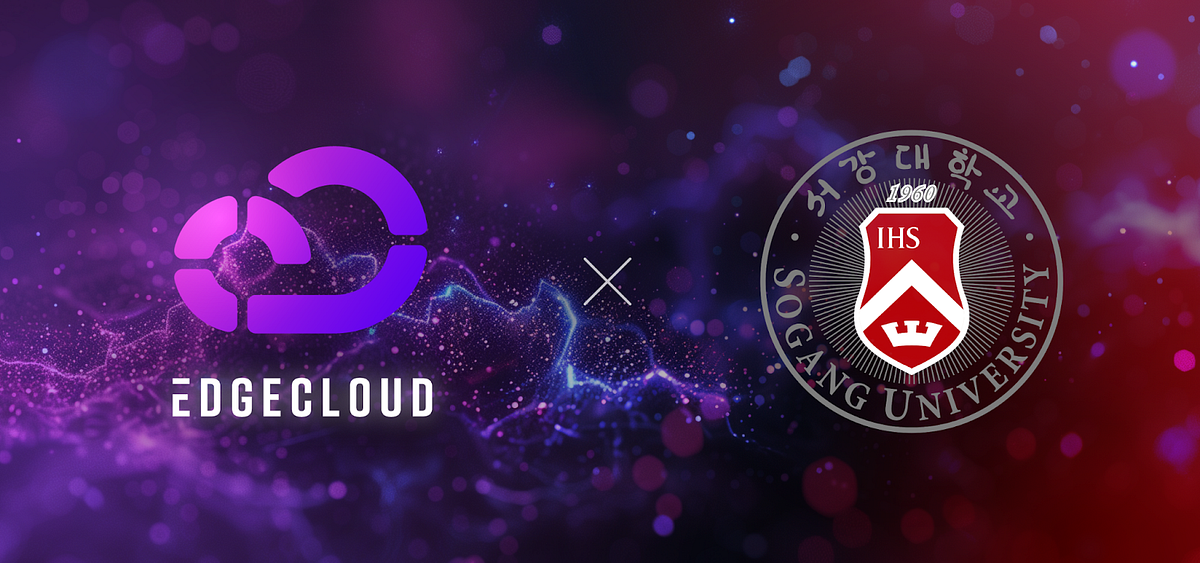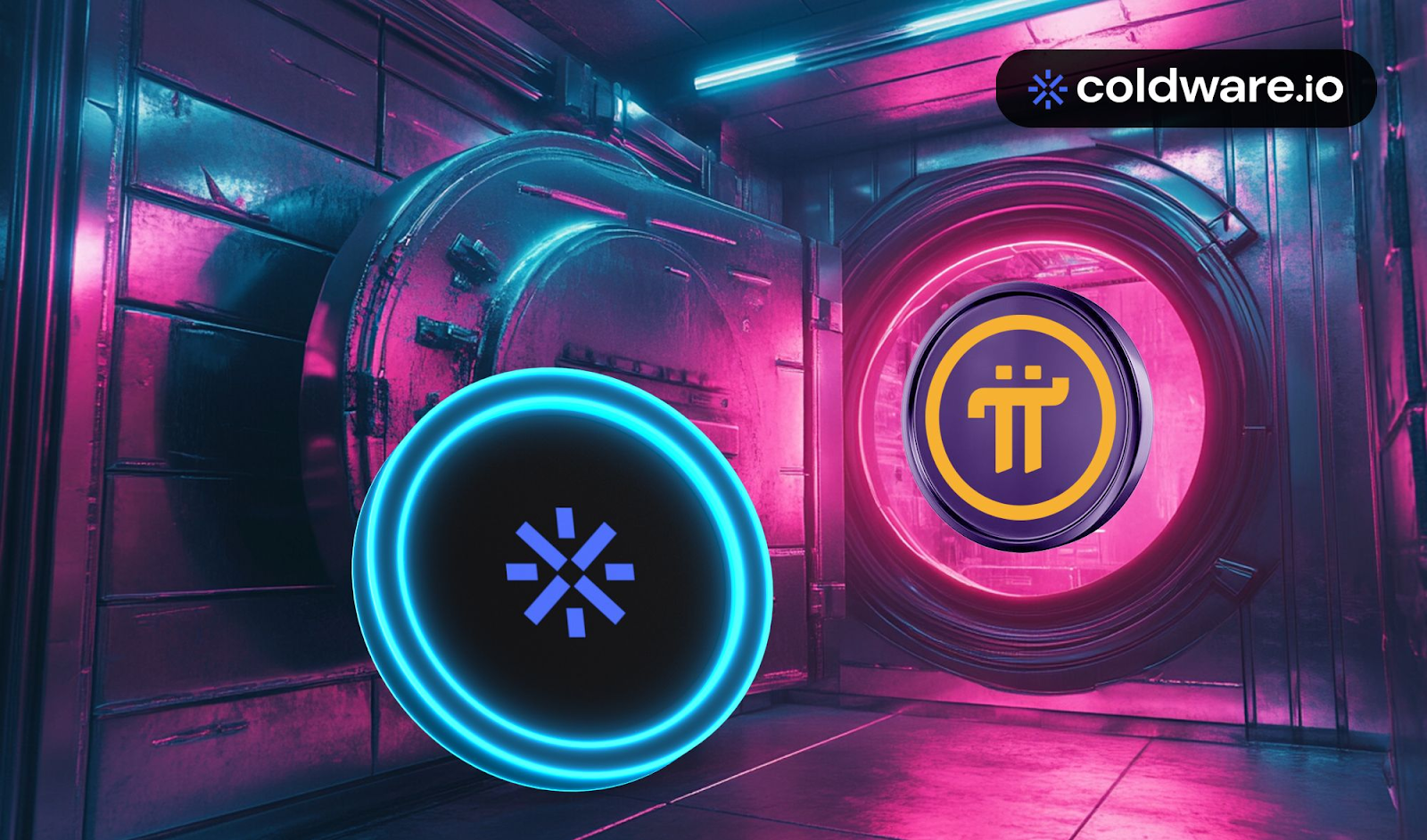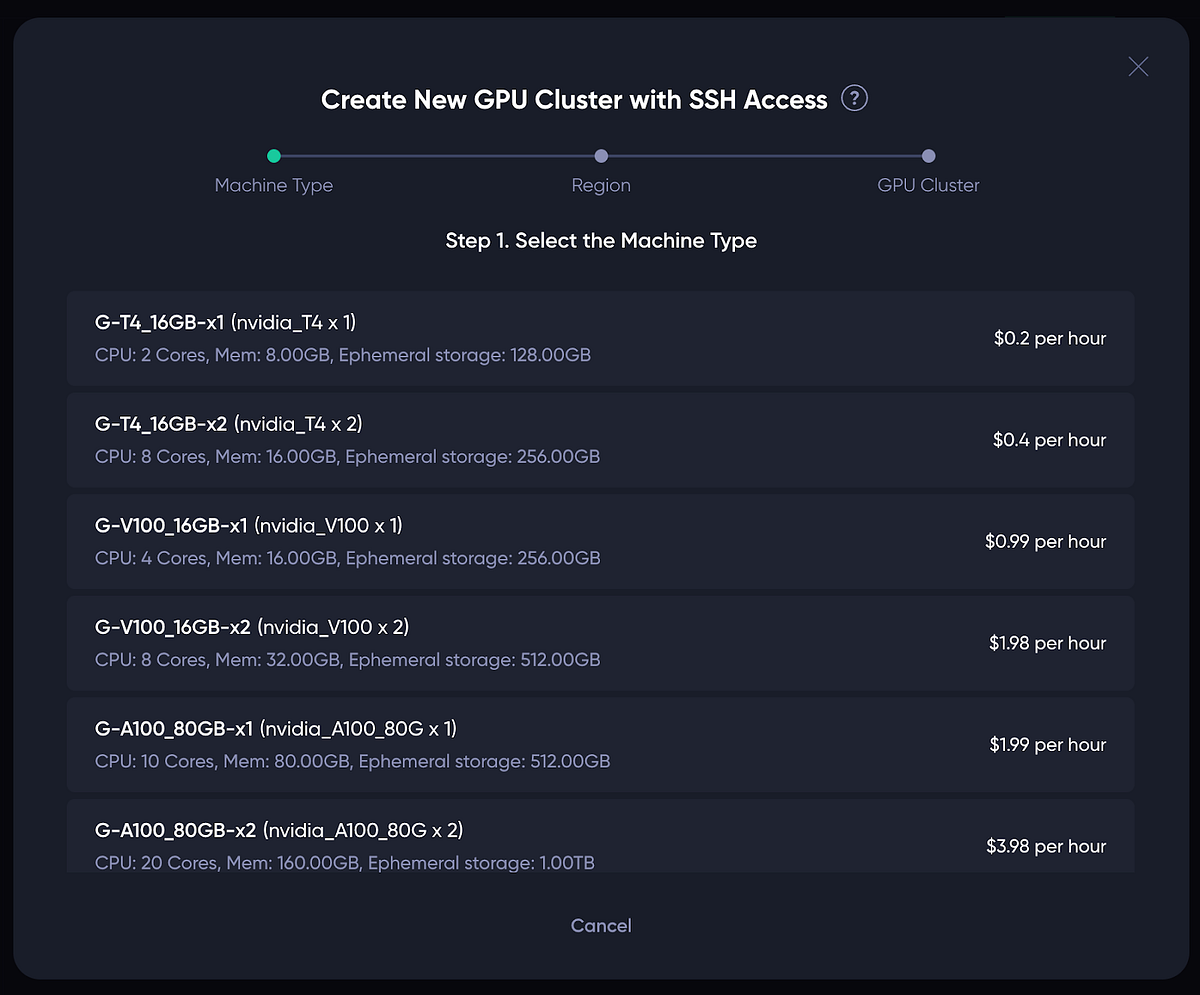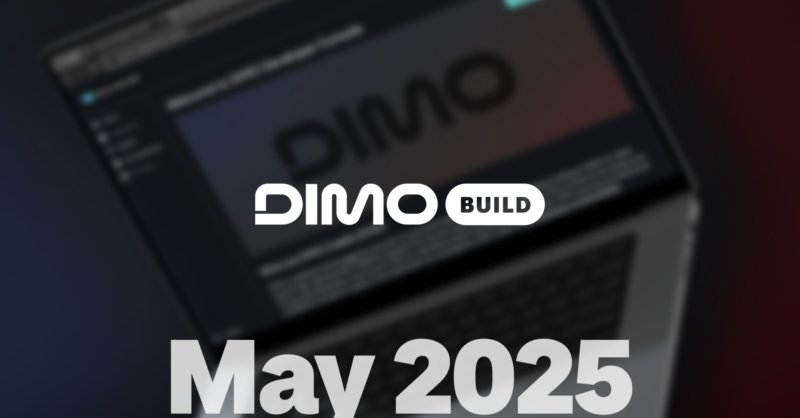Sogang University Joins EdgeCloud Network to Advance AI Research

EdgeCloud has recently welcomed Sogang University’s Language & Data Intelligence Laboratory, led by Professor Buru Chang, as its latest customer. This addition expands EdgeCloud’s network to twenty clients across various sectors, including academia, enterprise, esports, and traditional sports. Sogang University, recognized as one of South Korea’s premier AI research institutions, joins an esteemed group of academic partners such as Seoul National University, KAIST, Korea University, and Yonsei University. These institutions are leveraging Theta EdgeCloud’s hybrid cloud-edge GPU computing platform to tackle challenges in AI training and inference.
Professor Buru Chang, an Assistant Professor in the Department of Artificial Intelligence at Sogang University, leads the Language & Data Intelligence Laboratory, which specializes in natural language processing (NLP), multimodal machine learning, and data mining. Dr. Chang holds a Ph.D. in Computer Science from Korea University and has previously worked as a machine learning research scientist at Hyperconnect. Under his guidance, the lab has gained significant recognition, contributing to leading AI conferences and focusing on innovative areas such as dialogue generation and multimodal AI applications. Professor Chang expressed enthusiasm about using the EdgeCloud platform, noting its ease of use and scalability, which will enable the lab to explore new frontiers in AI research.
With access to Theta EdgeCloud, the Language & Data Intelligence Laboratory aims to enhance its research capabilities in several key areas. These include advancing models for open-domain dialogue and semantic diversity in NLP, developing real-time AI solutions for media processing, and improving the efficiency of AI workflows through Theta’s hybrid GPU infrastructure. The collaboration signifies a promising step forward in AI research, as the lab looks to harness scalable and cost-effective computing power to drive innovation and address complex challenges in the field.
Related News





